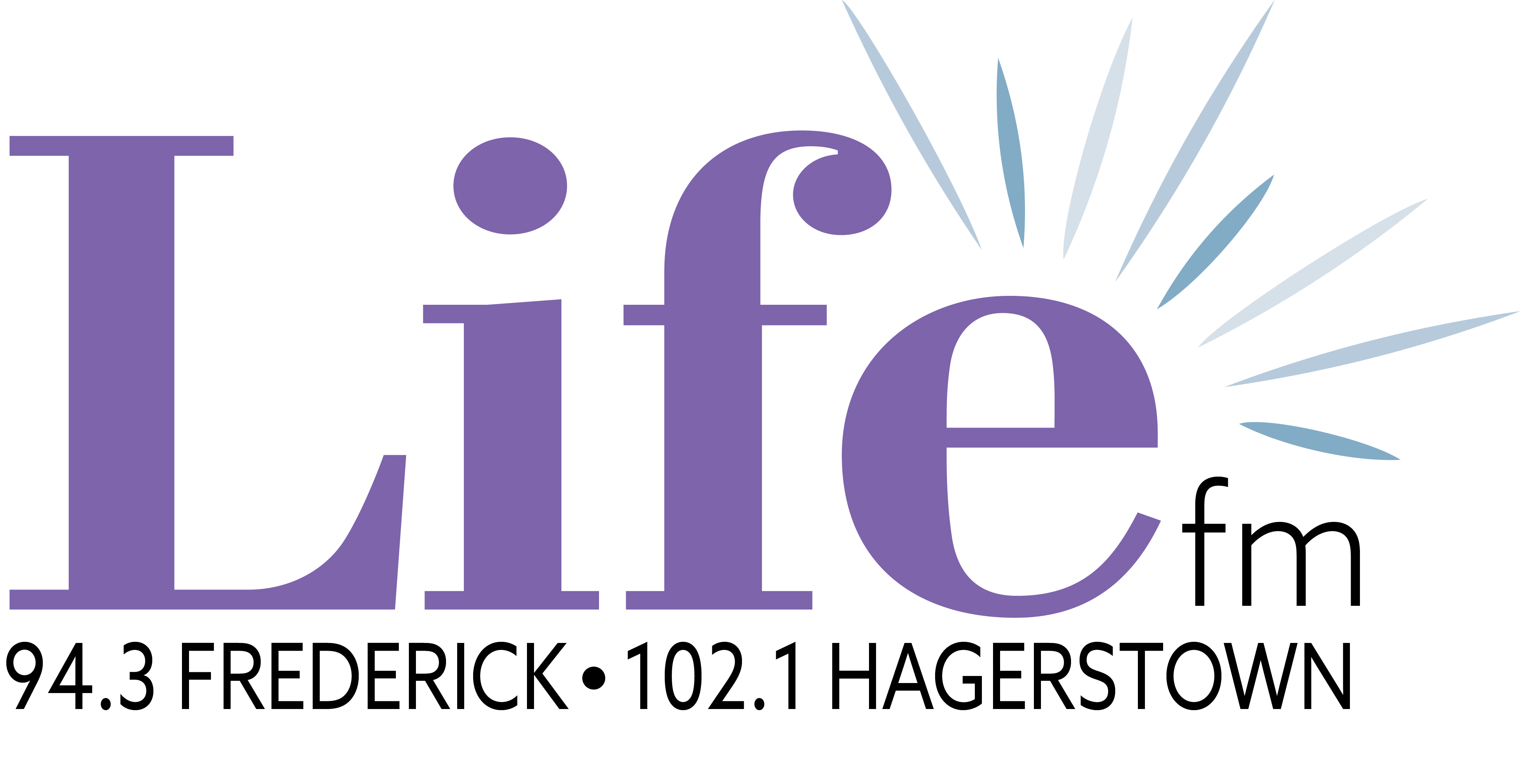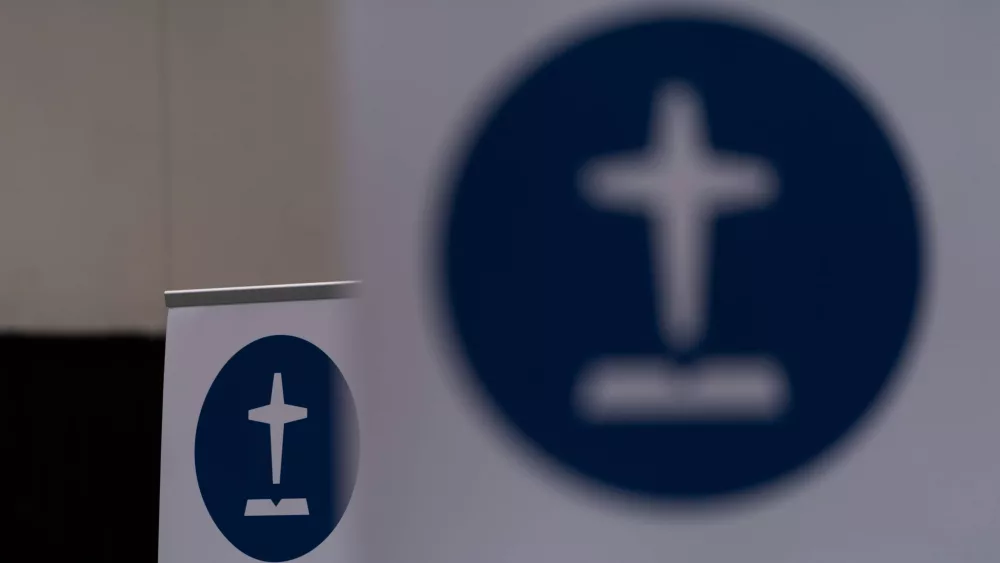
American Bible Society study finds majority don’t trust technology with spiritual matters.
Ask ChatGPT how to improve your spiritual life, and the natural-language processing artificial intelligence chatbot has plenty of suggestions.
But Americans are skeptical that artificial intelligence, or AI, has much to offer in the way of reliable religious guidance.
Sixty-eight percent of people don’t think AI could help them with their spiritual practices or “promote spiritual health,” according to the latest research from American Bible Society (ABS). Fifty-eight percent say they don’t think AI will “aid in moral reasoning” and only one out of every four people say they feel optimistic about the impact the technology will have.
“Americans are more fearful than hopeful about artificial intelligence,” said John Farquhar Plake, an ABS program officer and editor-in-chief of the State of the Bible series. “People don’t know how AI will change the culture—but they’re mildly uneasy about it.”
ABS surveyed about 2,500 people for its annual report on Scripture engagement and related topics. While technology has been a regular part of the survey, this is the first year ABS dedicated a set of questions to the topic of technology that performs tasks traditionally associated with human intelligence.
AI is rapidly evolving, and currently includes everything from Amazon’s “virtual assistant” Alexa to chatbots running large language models that can pass the bar exam. People are pushing the technology further every day, and some Christians who work in tech are excited about the possibilities—dreaming of algorithms that might one day help people grow, learn, and go deeper in their faith.
“It is not difficult to imagine how pastors and …

